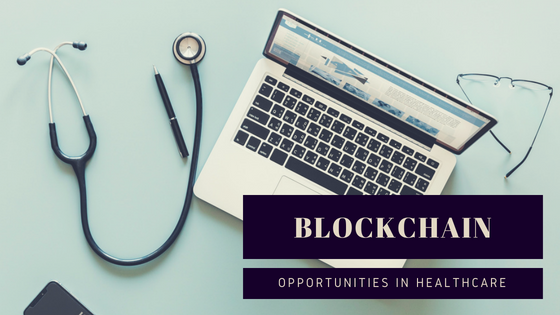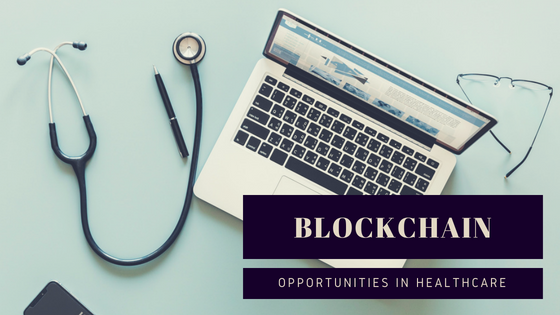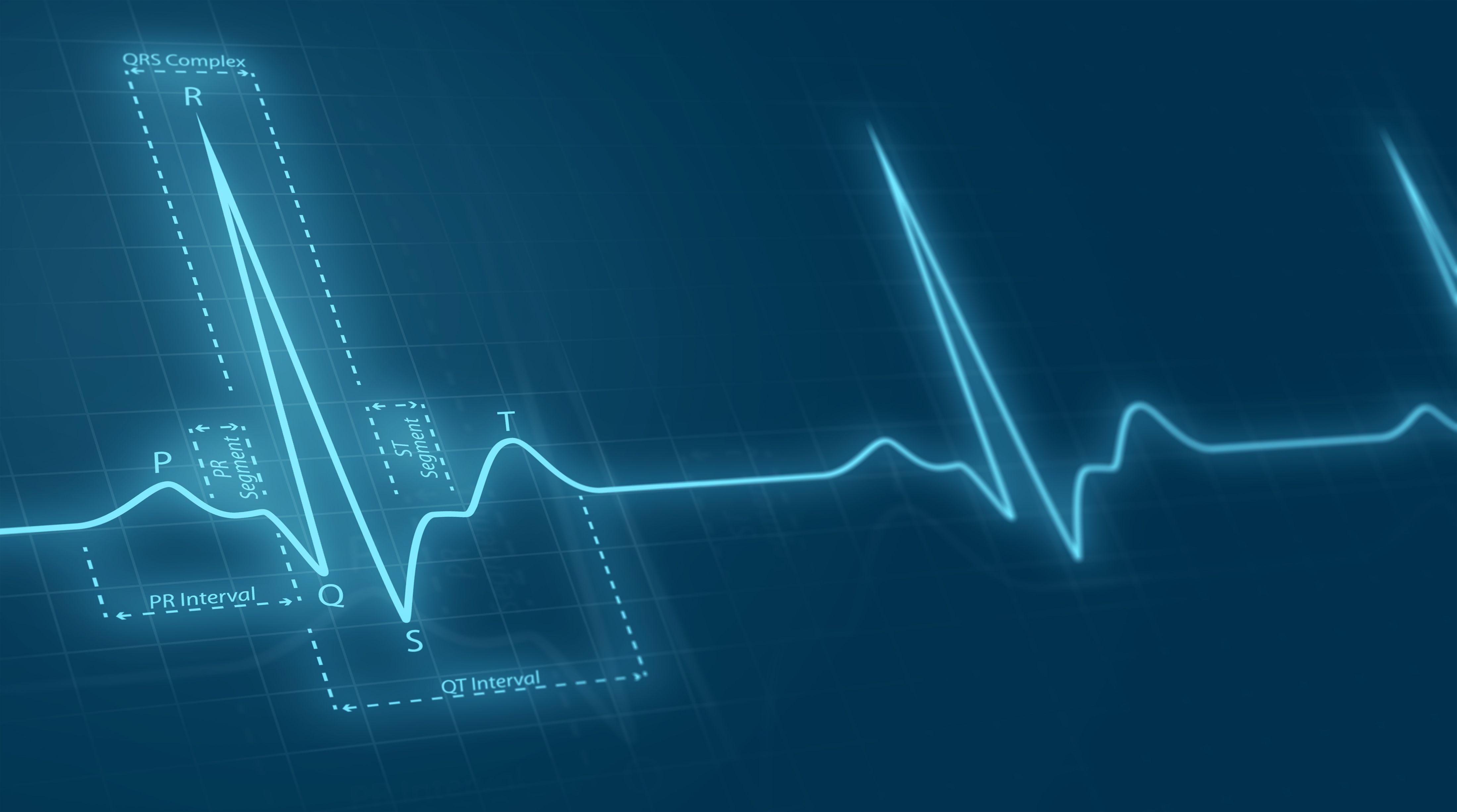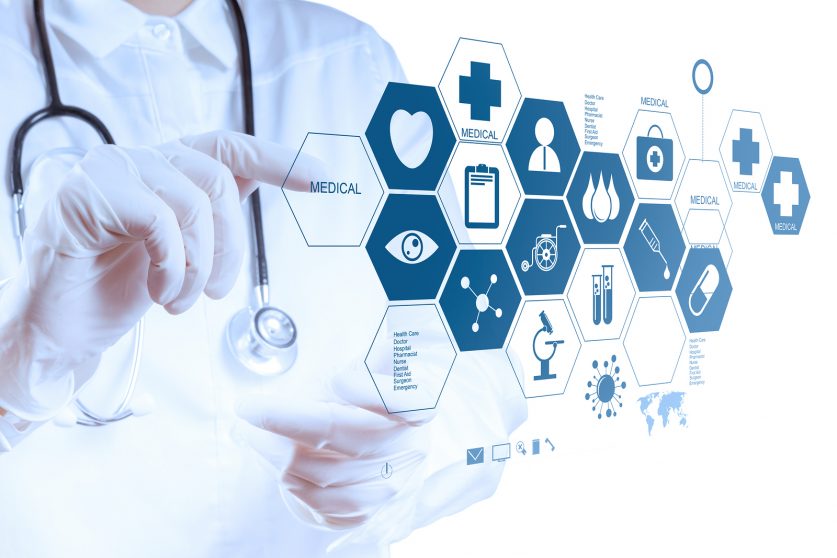Importance of Blockchain in the healthcare industry
Blockchain technology has evolved significantly since the first decentralized peer-to-peer electronic cash network, Bitcoin, was launched in 2008....


The blockchain is ever-growing listicle structure of block records linked via cryptography. A blockchain is a distributed, decentralized digital ledger used extensively for recording transactions in many computers. The goal of doing this is to prevent alteration and manipulation in the subsequent blocks. With blockchain, you can write entries in the record of information, and plenty of users can control how the information record is changed or amended.
Basically, blockchains are made up of 3 underlying technologies: Private Key Cryptography, P2P Network, and Program also known as the blockchain protocol. Blockchain technology is acknowledged for having a considerable impact on several industries and sectors. Today we are living in a time where there is a significant advancement in technology, and we are seeking for solutions and services that make lives better and more comfortable. This is where the blockchain comes into the picture. It has been present for several years now, and millions of people and corporates are making use of this system in plenty of ways.
Blockchains are used in almost every industry and business sector. Whether you take Information Technology, Education, Healthcare, Retail, Digital marketing, and lots more make use of the blockchain to a greater extent. Investment in the black chain has been very profitable. Moreover, the health care sector had an investment of around $.177 million in the year 2018, and the amount may go up to $.5.6 million by the year 2025. With the help of blockchains, old systems are getting evolved. This has indeed resulted in an increase in efficiency and simultaneously has cut down the extra costs and expenses incurred in the health sector and industry, respectively.
Hence according to statistics and accounts, it is clear that the blockchain technology has much significance and importance in the transformation of the entire healthcare system at a greater extent. It helps the healthcare industry in a number of ways such as increased privacy, security, increased efficiency, developing integration, and lots more. Moreover, the blockchains systems do not have any central authority, and the transactions are stored and distributed across all the networks, respectively. Now, we will look upon how exactly the blockchains are beneficial for the health care system and industry. The blockchain is a revolutionary discovery and technology as it helps a company to solve many challenges like:
Let us explore the benefits of the same in detail.
Blockchain has a decentralized system that is hack-proof. This prevents a single copy from getting compromised. All the hardware and system can be made to run on the decentralized system of the blockchain. This will help a company to eliminate happenings of the disasters. Likewise, the saved power can be used for other concrete purposes like finding treatment for a disease, finding methods for drugs and lots more.
The blockchain technology is used extensively to store and add all the crucial data transaction in the chain after the confirmation by all the participants. Moreover, the technology provides a 100% authenticity as well as security. Moreover, nobody can change the data. Researchers and development people can use this data for collecting the information.
Blockchain for the healthcare and industry can be extensively used for the storage and updating patient info like blood pressure, sugar level, diabetes, and lots more. This can be promptly done through the Internet of Things and other wearables. Also, this helps doctors to monitor their patients for 24/7 that are at higher risks and take appropriate actions accordingly.
BlockChain technology is one of the most cost-effective solutions. This removes all the hurdles of extra mediators and third parties. The absence of data fetching via mediators and third parties makes it very cost-effective.
Smart contract is a virtual protocol that verifies and facilitates the negotiation. It also helps to develop a rule-based process related to the patients. Moreover, blockchain healthcare apps are also used extensively to view and scrutinize the app and its crucial info.
Have you ever thought to integrate the medical records? Blockchain can be used to make sure that the integrity of every medical record is done properly. The medical record can be stored in the blockchain that cannot be changed. The integrity of medical records is a challenging task, and moreover, it is critical as per medical and legal point of view.
In the healthcare industry, the duplication and mismatch of the patient’s records can be done frequently. Hence to avoid that on a greater extent, single patient identification is possible. With the blockchain, the data manipulation is impossible as it has different layers of multiple addresses and keys to look for the address of single patient information.
If you make the use of blockchain in the healthcare industry, then this will consist of all the patient records, data, medical records, documents, lap reports, X-rays, images and lots more. Each member has its own copy, and that is another benefit.
Mobile, Internet of Things (IoT) and blockchain are widely used to improve the services and solutions for the healthcare industry. The blockchain is relatively a new technology that is still being developed. In the coming years, the blockchain usage will lead to enormous usage of mobile healthcare apps. However, this might not be an easy step, but if you use it cautiously, you can get better results, what else do you need?

Blockchain technology has evolved significantly since the first decentralized peer-to-peer electronic cash network, Bitcoin, was launched in 2008....

The Internet of Things (IoT) refers to a network of physical objects, which can gather and share electronic information. The Internet of Things...

Over the past 20 years, we have seen how innovation has transformed and has been able to generate disruptions in almost every industry. In almost all...